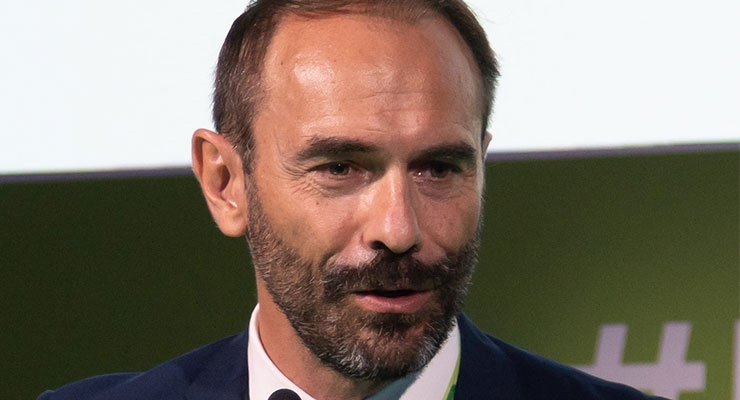ACROSS: During MAPIC 2022, it was claimed a new retail has emerged. What does this look like, and how would you describe the state of retail in 2023?
FRANCESCO PUPILLO: The retail industry is undergoing a profound transformation. The starting point of this transformation was the digital revolution. The industry’s traditional business model and operational models became obsolete, and digitalization led to the rise of new ways of shopping and new ways of living. This was a remarkable change of paradigm and players. Because of Covid, the war in Ukraine, and inflation, global uncertainty never went away. What changed was that the technology today allows us to shop differently, and therefore the role of the physical store shifted dramatically—and is still shifting.
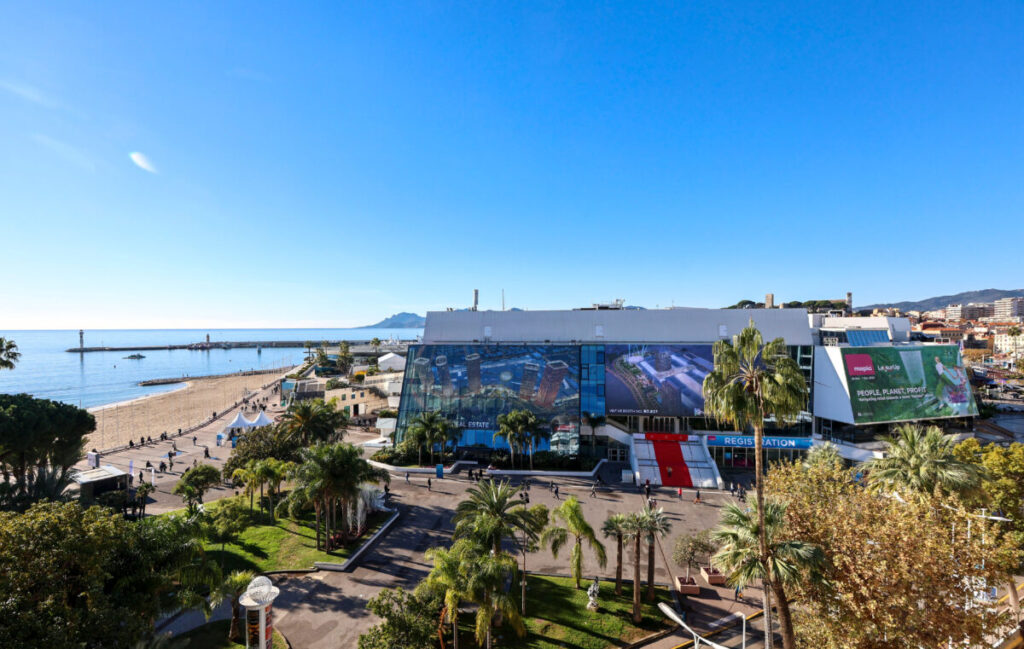
ACROSS: At the same time, the horror scenario that physical retail is dying did not turn out to be true.
PUPILLO: Absolutely. All the analyses show that e-commerce is not killing physical commerce. Industry players understood early that there needs to be a convergence between the two worlds. Today, we talk about seamless omnichannel experience. Customers can test products in the shop and then buy them online, or vice versa. Product and price are insufficient reasons to go to a shop – that is the big change for physical stores. The key drivers are experience-driven stores, the values conveyed by the brands and the social part of retail, which became apparent, especially over the last few years. We are entering a new era where consumer behaviors have changed fundamentally. Today, consumers require that consumption has meaning, and business activities need a purpose that goes beyond the pursuit of profit.
ACROSS: What does this purpose look like? And who is in the driver’s seat to create this purpose?
PUPILLO: I would say consumption and businesses need to be responsible and have a concrete impact on the environment, as well as local communities. We see this change for landlords that develop new kinds of assets, and brands that create new images and new types of practices. We also see new rising brands that are already built from the ground up around this concept. The young generation is extremely sensitive to this idea of corporate responsibility.
Therefore, this year’s topic of MAPIC will be “The age of responsible growth.” We really want to show how this responsibility is not just good for the planet but impacts the business as an accelerator. We want to show how companies following this responsible approach grow faster. When we look at the shopping center developments, we barely see new malls, but urban regenerations of existing areas and mixed-use projects built around the user ’s daily needs are coming to the fore. These are projects that go beyond retail to cater to something more complex including leisure, culture, hospitality, workplaces, and so on. For retailers, that means they must arbitrage between their physical and online presence, and they have to adapt to new environments and locations. A lot of these changes and projects are experimental. This transformation will take some years, and we are just in the middle of this.
ACROSS: And this also means a new role for MAPIC.
PUPILLO: MAPIC is not about following the market. Our job is to give the industry a perspective. MAPIC is more about the future, providing ideas and a forum for exchange and discussions. For visitors, it is not any more purely about coming with huge delegations and signing new contracts. The main effort is to show new kinds of retailers and as well new kinds of solution providers that can make the global asset much more sustainable and the global experience much more fun.
ACROSS: So, MAPIC 2023 is a place for the industry to communicate and learn more?
PUPILLO: MAPIC is both a place to exchange insights and an unparalleled deal-making opportunity. Today for shopping center managers to make a deal, it takes more than just looking for the next big brand. Everything is much more flexible. Most brands are working with this flexible formula and might only rent for six month and renew if it works. Landlords still need to adapt to this flexibility and come up with new leasing models. Furthermore, all players face new technology and suppliers to interact with the customers, they must provide new omnichannel solutions and follow the sustainability path. What we do at MAPIC is to enlarge the scope and give a global vision. But in the end, what we try to provide for our clients is always a place to make deals happen.
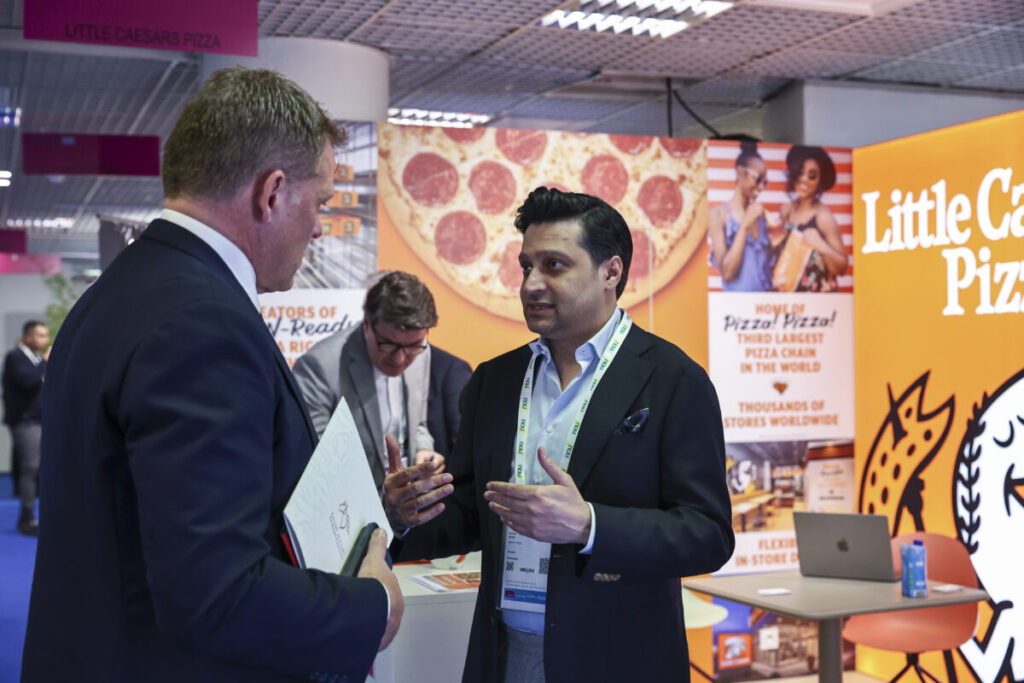
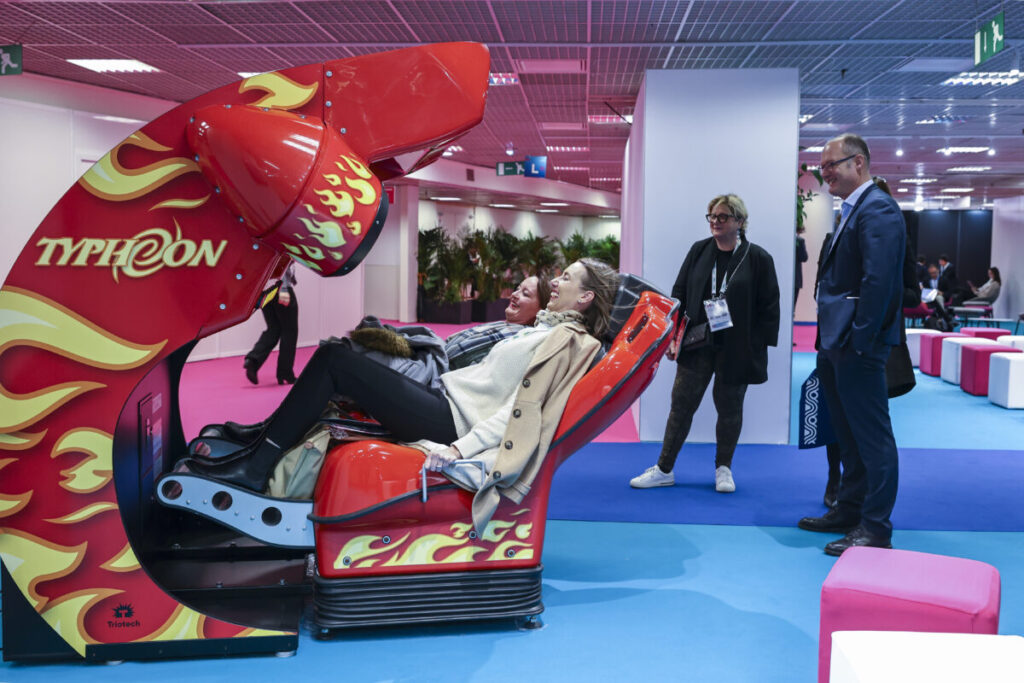
ACROSS: Let’s dive into the conference program. How is this represented at MAPIC?
PUPILLO: As mentioned before, the main topic, “The age of responsible growth, committing to a better future,” is about the idea of individual, and collective responsibility, as well as the focus on the link between growth and responsible development, and sustainability. The program will have six main pillars. The first one is about the evolution of the retail property market. So basically, what are the asset classes that are on the rise? This will focus on mixed-use and urban projects and how to give a second life to existing assets. So how do we manage to change and reshape destinations with lots of vacancies? This is the main priority for lots of landlords. We will provide different examples. One solution could be leisure; another could be health and beauty. We will present a new kind of project that will bring something new to the retail world. The second pillar will be sustainability. This will focus on how property players from one side and retail brands from the other side are working on this. There will be a conference session and a closed-door event on best practices but also a brand new area called the MAPIC Sustainability Lab where we provide new solutions that help to make the asset and the brands much more sustainable. The “innovation” pillar will have a big focus on artificial intelligence and how it is changing the retail world. “New retail” will show brands that are best performing and the growth of sustainable brands. Here, we see a sort of polarization in the market. On the one hand, luxury brands are showing big profits. On the other hand, we see a big growth in discounters. Brands that are in the middle face problems — but we are focused on exploring solutions and evolutions for these kinds of brands. And, of course, we will have the traditional pillars like leisure and our food program as well (see box).
ACROSS: Can you tell us a little bit about the MAPIC Academy, your new startup incubator?
PUPILLO: This is a new initiative. Last year we launched the Retail Village for the first time. The goal was to present new brands that have strong growth potential. They are generally medium sized. That worked very well, and we will have the Retail Village again. But this year, we launched a new initiative with the goal of cultivating a retailer at a earlier stage. The idea is not only to talk with the existing brands that have a strong development potential, but to directly access brands that want to open a physical store network. MAPIC will support the development of five new retail brands looking to open their first physical stores as part of their strategy — offering a physical pop-up space and presence at the event. Young concepts can apply to this competition. A jury will select five projects and provide a pool of mentors and a training day in Paris in September on specific topics, including how to develop your direct store network, how to develop your franchise store network, how to raise money to finance your growth, and more. During MAPIC, they will have a final pitching session in front of the jury, and the winner will be announced during a gala dinner and will receive a prize money of 10,000 euros from MAPIC to help developing the project. Clearly, MAPIC is not just a meeting place for existing brands but also a place where new brands can be created.
ACROSS: Last year’s MAPIC was the first MAPIC after Covid-break. After everything that changes in the retail world, that was also kind of a new start for MAPIC. What is your greatest learning from last year?
PUPILLO: My greatest learning from last year is that physical events and human contact is necessary. Covid has proven that we can continue to do business via digital meetings if we have to. But to close the deal, you need to meet the people. You need to see and feel the market. There are many things you can do from your desk, but we all come to a certain point after we have preselected options and come down to two to three potential solutions when we have to go there and check them out. MAPIC is playing a big role here in providing this place to meet and discuss but also to show tools like AI that help to reselect. Before Covid, we had 8,000 people coming to MAPIC. Last year 5,000 came. But one participant out of three was a buyer last year. Before, it was one out of four, meaning that the ratio changed. The main reason is that we make a huge effort to bring and show new concepts.
ACROSS: At the beginning, you said we are right in the middle of the transformation. What will happen next in this process?
PUPILLO: I say we are in the middle because we start seeing new kinds of assets arising on the market. At the same time, the existing part of the market is not fully disappearing. Some of the old shopping malls will have to close down. Many of the new projects will be the regeneration of existing assets by adding new functions. Here are just two examples of projects that we saw in the last years at MAPIC. One is Potsdamer Platz in Berlin, the other is Battersea Power Station in London. These two projects show exactly what are the kind of assets that we can imagine seeing in the market tomorrow. Many players are announcing their strategy to transform most of their malls. They are investing a lot to become lifestyle destinations. That is why I say we are in the middle of the transformation. All these operations are still ongoing. But I truly believe that in a few years, no shopping mall will be the same, and a new kind of mixed-use project will be on the market.
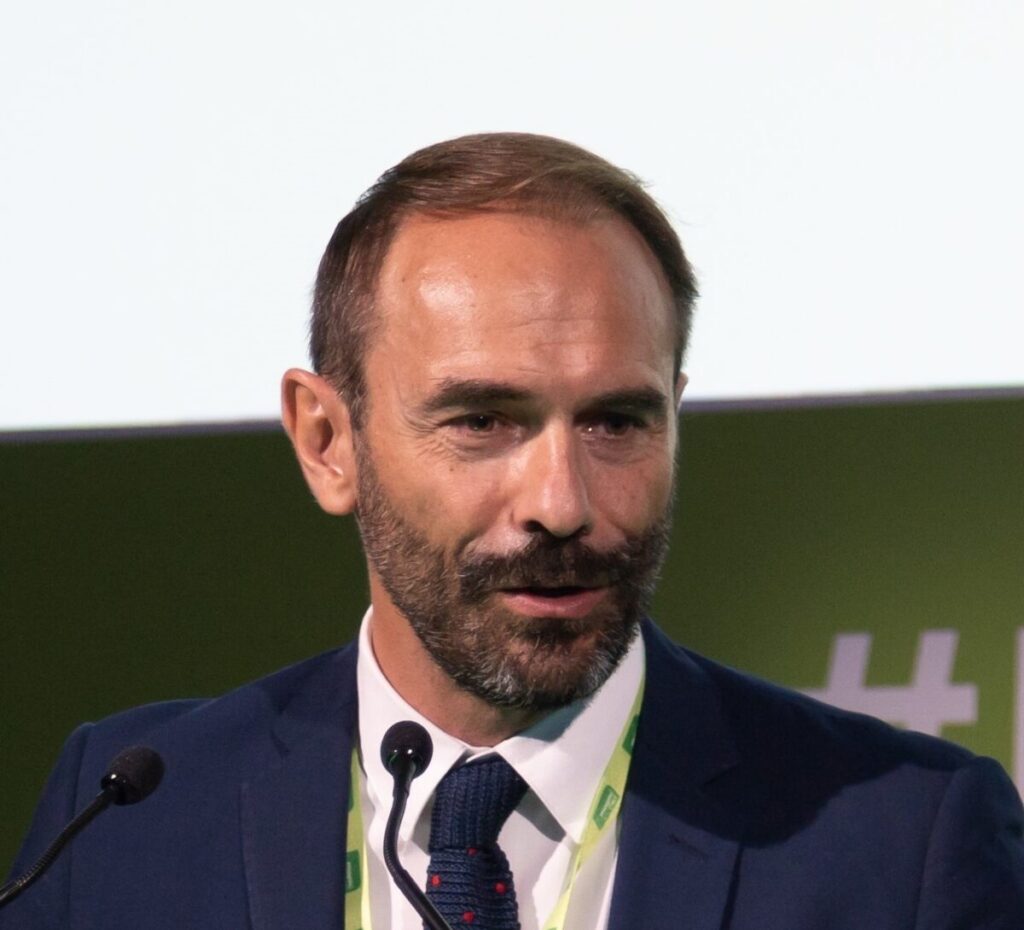
Francesco Pupillo
Francesco Pupillo is MAPIC Director
MAPIC 6 KEY PILLARS
New Retail: Discover innovative retailers appealing to ethical consumers with unique selling propositions and value propositions: As digital and physical retail merge, explore the new ideas and business models shaping the industry.
Leisure: Experience the evolution of the leisure industry and its impact on enhancing brand experiences through human interaction: The program highlights the industry’s growing popularity and diversification.
Food: The Happetite, MAPIC’s food forum, discovers innovative business models and shows how the restaurant industry is embracing corporate social responsibility (CSR) to positively impact the environment and society, while enhancing the customer experience.
Sustainability: Retailers, developers, investors, and new entrants all have a responsibility to shape the world for future generations: The next generation of retail is about prioritizing people and the planet.
The evolution of retail property assets: By 2050, 70% of the world will live in cities. Retail properties are crucial to improving urban life with mixed-use developments that promote community and a sense of belonging.
Innovation: MAPIC focuses on innovations that help the industry understand and meet customer needs, including data collection, AI integration, and resource management strategies.
